AI hiring tools are rapidly transforming the recruitment landscape, moving from niche experiments to mainstream adoption across industries. Leveraging machine learning, natural language processing, and predictive analytics, these tools enhance every stage of the hiring funnel—from sourcing and screening to engagement and assessments—by boosting speed, accuracy, and scalability.
The market is seeing explosive growth, with projections rising from $3.25 billion in 2023 to over $15 billion by 2030, driven by labor shortages, remote work trends, and DEI initiatives. While AI promises cost savings and reduced bias, it also raises ethical challenges around transparency, fairness, and data privacy.
To ensure responsible adoption, organizations must combine AI efficiency with human judgment, ethical oversight, and inclusive practices, signaling a future where human-centered AI reshapes talent acquisition.
| Category | Key Information |
|---|---|
| Market Size (2023) | USD 3.25 billion |
| Projected Market Size (2030) | USD 15.24 billion |
| CAGR (2023–2030) | 24.8% |
| AI Adoption in HR (2025) | 72% of HR professionals use AI (up from 58% in 2024) |
| Key Benefits | 50% faster time-to-hire, up to 30% cost reduction, improved DEI |
| Top Use Cases | Candidate sourcing, resume screening, assessments, communication, bias reduction |
| Technologies Used | Machine Learning, NLP, Predictive Analytics, Automation |
| Popular Tools | HireVue, Eightfold.ai, Manatal, Workable, Paradox (Olivia), Textio, HackerRank |
| Ethical Concerns | Algorithmic bias, lack of transparency, data privacy risks |
| Best Practices | Human-in-the-loop, regular audits, transparent AI use, ethical vendor partnerships |
The Rise of the AI Hiring Tool: A Data-Driven Revolution in Talent Acquisition
The global recruitment landscape is in the midst of a seismic shift, propelled by the rapid adoption and evolution of artificial intelligence (AI) technologies. No longer confined to experimental pilot programs or niche use cases, AI-powered hiring tools are now mainstream, becoming core components of talent acquisition strategies across industries.
From sourcing and screening to candidate engagement and assessment, AI is revolutionizing how organizations identify, evaluate, and secure top talent. These tools are enabling businesses to process high volumes of applications with greater accuracy, reduce time-to-hire, cut costs, and even strive for more equitable and inclusive hiring practices. However, they also introduce complex ethical considerations around bias, transparency, and data privacy.
Market Growth and Adoption: A Surge in AI Investment
The AI in human resources (HR) market is experiencing extraordinary growth, driven by the increasing need for speed, precision, and scalability in hiring operations.
- In 2023, the global AI in HR market was valued at approximately USD 3.25 billion.
- By 2030, it is projected to reach USD 15.24 billion, growing at a compound annual growth rate (CAGR) of 24.8%, according to DataHorizzon Research and Fortune Business Insights.
This acceleration is being driven by:
- Labor shortages in high-skill sectors like technology, healthcare, and engineering.
- The remote work shift, necessitating scalable digital hiring solutions.
- An urgent push for diversity, equity, and inclusion (DEI) in corporate hiring pipelines.
- Pressure to reduce costs and improve recruitment ROI.
Key Data Points on AI Adoption in HR
- A 2025 HireVue Global Guide to AI in Hiring (based on a survey of 4,000+ HR leaders) revealed:
- 72% of HR professionals now use AI in some form—up from 58% in 2024.
- 63% of HR leaders reported significant productivity increases.
- 55% of organizations have automated manual recruiting tasks.
- 52% saw measurable improvements in business efficiency.
- AI tools cut recruitment costs by up to 30%.
- Time-to-hire is reduced by an average of 50%.
- 57% of professionals believe AI will reduce racial and ethnic bias in hiring.
How AI Hiring Tools Work: A Breakdown of Core Functions
AI hiring tools combine technologies like machine learning (ML), natural language processing (NLP), predictive analytics, and automation to optimize every stage of the hiring funnel. Here’s a breakdown of key applications:
1. Candidate Sourcing and Attraction
AI systems can instantly scan millions of profiles across databases, job boards, and social media to build shortlists based on skillsets, employment history, and cultural fit.
- SeekOut and hireEZ use deep AI analytics to uncover “hidden” talent, including passive candidates who are not actively job-hunting.
- Fetcher and Juicebox utilize AI-driven personalization to craft customized outreach emails that dramatically improve candidate response rates.
- Some platforms integrate with CRM tools and past hiring data to continuously refine sourcing algorithms.
2. Resume Screening and Parsing
Traditionally a time-consuming task, resume screening is now largely automated through AI:
- Platforms like Manatal, Skillate, and Workable scan resumes to extract relevant information like skills, education, and job titles.
- AI models rank candidates against job descriptions using contextual analysis, not just keyword matches.
- Tools like Skillate also offer real-time job description optimization, helping recruiters attract better-matched candidates.
Benefits:
- Analyze thousands of resumes in minutes.
- Reduce human bias from manual review.
- Identify transferable skills often missed by recruiters.
3. Automated Communication and Interview Scheduling
AI-powered chatbots have become integral to candidate engagement, especially for high-volume roles:
- Paradox’s Olivia interacts with applicants 24/7, answering FAQs, conducting preliminary assessments, and scheduling interviews.
- XOR AI automates candidate screening, collects availability, and integrates with calendar systems.
- Hilton Hotels reports that using Paradox AI chatbots improved candidate satisfaction scores by over 25% and reduced recruiter workload by 40%.
These tools provide a seamless experience while eliminating repetitive administrative tasks.
4. AI-Driven Candidate Assessments
AI enhances the evaluation process by providing objective, skills-based insights, often going beyond traditional resumes:
a. Video Interview Analysis
- Tools like HireVue, myInterview, and Modern Hire analyze candidates’ tone of voice, speech patterns, and facial expressions.
- Algorithms assess communication ability, confidence, and cultural fit.
⚠️ Showeblogin Note: Use of facial and voice analytics is controversial and under scrutiny for bias risks. Human oversight is strongly recommended.
b. Gamified Assessments
- Platforms like Pymetrics use neuroscience-backed games to evaluate emotional intelligence, risk tolerance, attention, and memory.
- These assessments offer non-traditional and bias-resistant ways to predict job fit.
c. Coding and Technical Testing
- Tools like Codility, HackerRank, and CodeSignal allow employers to test real-world problem-solving in tech roles.
- AI algorithms auto-score responses and provide benchmark comparisons.
5. Bias Mitigation and Diversity Enhancement
AI hiring tools are increasingly being designed to reduce unconscious bias and promote inclusive hiring practices:
- Anonymized Resume Screening: Tools remove identifiable characteristics like name, gender, university, and ethnicity.
- Textio uses NLP to analyze job postings for gender-coded or exclusionary language, suggesting edits that appeal to a broader talent pool.
- GapJumpers enables “blind auditions” where candidates are judged solely on job-relevant tasks.
The long-term trend is toward skills-first hiring, where credentials are secondary to demonstrated ability.
Leading AI Hiring Platforms and Solutions
Here’s a snapshot of top-performing AI recruitment tools on the market:
| Platform | Core Strength |
|---|---|
| Eightfold.ai | Talent intelligence, internal mobility, and skill mapping. |
| HireVue | Video interviews and AI-driven assessments. |
| Manatal | Budget-friendly ATS with strong AI recommendations. |
| Workable | All-in-one recruiting with AI-powered sourcing and filtering. |
| Paradox (Olivia) | Conversational AI for high-volume hiring. |
| Textio | Augmented writing for inclusive job descriptions. |
| HackerRank / Codility | AI-powered technical skill assessments. |
| Pymetrics | Gamified, neuroscience-based hiring assessments. |
Ethical Challenges and the Road Ahead
Despite its potential, AI in hiring poses significant ethical concerns that require urgent attention.
1. Algorithmic Bias
AI models trained on biased historical data can reinforce gender, racial, and socioeconomic discrimination.
- Amazon famously abandoned its internal AI tool in 2018 due to discrimination against female applicants in technical roles.
2. Opacity and Explainability
Many AI tools operate as a “black box,” making decisions that are hard to explain or audit.
- Lack of transparency can lead to mistrust from both candidates and internal stakeholders.
3. Data Privacy and Compliance
Handling sensitive applicant data raises serious concerns around:
- GDPR (Europe)
- CCPA (California)
- AI Act (EU, incoming)
Organizations must ensure secure data handling, consent-based processing, and clear privacy policies.
Recommendations for Responsible AI Hiring
To balance innovation with ethics, HR leaders should adopt a hybrid human-AI approach:
✅ Inform Candidates: Be transparent when AI is part of the hiring process.
✅ Audit Regularly: Routinely test algorithms for bias, errors, and performance degradation.
✅ Human-in-the-Loop: Ensure final hiring decisions are made by people, not machines.
✅ Diverse Training Data: Use inclusive datasets to train AI models.
✅ Ethical AI Vendors: Partner with vendors who offer explainable, auditable, and bias-mitigated models.
The Future of AI in Talent Acquisition
Looking ahead, AI is set to become a co-pilot for every recruiter. Instead of replacing humans, it will elevate their strategic capabilities:
- Recruiters will focus more on relationship-building, culture fit, and long-term potential.
- AI will offer real-time insights, predictive workforce analytics, and talent forecasting.
- As generative AI matures, expect AI-written job descriptions, personalized career paths, and real-time candidate feedback systems.
Ultimately, the future of hiring will be defined by human-centered AI—where automation drives efficiency but empathy remains at the core of recruitment.
Conclusion
AI hiring tools are transforming the recruitment process into a faster, smarter, and potentially fairer system. As adoption continues to surge, organizations must navigate the technological, ethical, and regulatory terrain with care. Those who invest in ethical AI, build inclusive practices, and retain the human touch will lead the next generation of talent acquisition.
FAQs on AI Hiring Tool
What are AI hiring tools?
AI hiring tools are software solutions that use technologies like machine learning, natural language processing, and predictive analytics to automate and enhance various stages of the recruitment process.
How are AI tools transforming recruitment?
AI tools streamline tasks such as sourcing candidates, screening resumes, scheduling interviews, and conducting assessments, leading to faster, more efficient, and potentially fairer hiring processes.
What is the current and projected market size for AI in HR?
In 2023, the AI in HR market was valued at approximately USD 3.25 billion and is projected to grow to USD 15.24 billion by 2030, at a CAGR of 24.8%.
Why is AI adoption in HR increasing so rapidly?
Factors include labor shortages, the shift to remote work, rising DEI priorities, and the need to reduce recruitment costs while improving speed and efficiency.
What percentage of HR professionals currently use AI?
As of 2025, 72% of HR professionals report using AI in some form, up from 58% in 2024.
What are the benefits of using AI in hiring?
Benefits include reduced time-to-hire (by up to 50%), lower recruitment costs (up to 30%), improved recruiter productivity, and enhanced candidate experience.
How does AI help in sourcing candidates?
AI scans databases, social media, and job boards to identify suitable candidates, including passive job seekers, and crafts personalized outreach to improve engagement.
Which tools are known for AI-powered sourcing?
Popular sourcing tools include SeekOut, hireEZ, Fetcher, and Juicebox.
How does AI automate resume screening?
AI analyzes resumes for skills, education, and experience, ranks candidates against job descriptions, and even optimizes job postings in real time.
What are examples of resume screening platforms?
Examples include Manatal, Skillate, and Workable.
How does AI improve candidate communication?
AI chatbots can handle FAQs, collect availability, conduct initial assessments, and schedule interviews, making communication faster and more responsive.
What are notable AI chatbot tools?
Tools like Paradox’s Olivia and XOR AI are widely used for automating candidate interaction and interview scheduling.
How does AI support candidate assessments?
AI assesses communication, personality, and technical skills through video interviews, gamified tests, and coding challenges.
What is video interview analysis in AI hiring?
It involves analyzing speech, tone, and facial expressions to gauge qualities like confidence and cultural fit, though it’s controversial due to bias concerns.
What are gamified assessments in recruitment?
These are neuroscience-based games used to evaluate soft skills like attention, risk tolerance, and emotional intelligence, as seen in tools like Pymetrics.
How does AI assist in technical hiring?
AI platforms such as Codility, HackerRank, and CodeSignal test and score candidates on real-world coding tasks and technical problem-solving.
Can AI reduce bias in hiring?
Yes, AI can support bias reduction through anonymized resume screening, inclusive job description analysis, and blind audition platforms.
What are tools used to promote inclusive hiring?
Textio helps craft inclusive job ads, GapJumpers enables blind task-based hiring, and many ATSs anonymize personal data to prevent bias.
What are the ethical concerns with AI in recruitment?
Major concerns include algorithmic bias, lack of transparency in AI decisions, and risks to data privacy and regulatory compliance.
How can organizations use AI responsibly in hiring?
Best practices include being transparent with candidates, auditing AI tools regularly, involving humans in final decisions, and using diverse training data.
What are key regulations affecting AI hiring tools?
Laws like the GDPR (EU), CCPA (California), and the upcoming EU AI Act regulate how AI can collect, process, and store candidate data.
Who are the leading providers of AI hiring tools?
Top platforms include Eightfold.ai, HireVue, Manatal, Workable, Paradox, Textio, HackerRank, Codility, and Pymetrics.
What is the future of AI in recruitment?
AI will act as a co-pilot, empowering recruiters with insights and automation, while allowing them to focus on candidate relationships and strategic decisions.
Will AI replace human recruiters?
No, AI is expected to augment rather than replace recruiters by handling repetitive tasks and enabling more strategic, human-centered hiring.
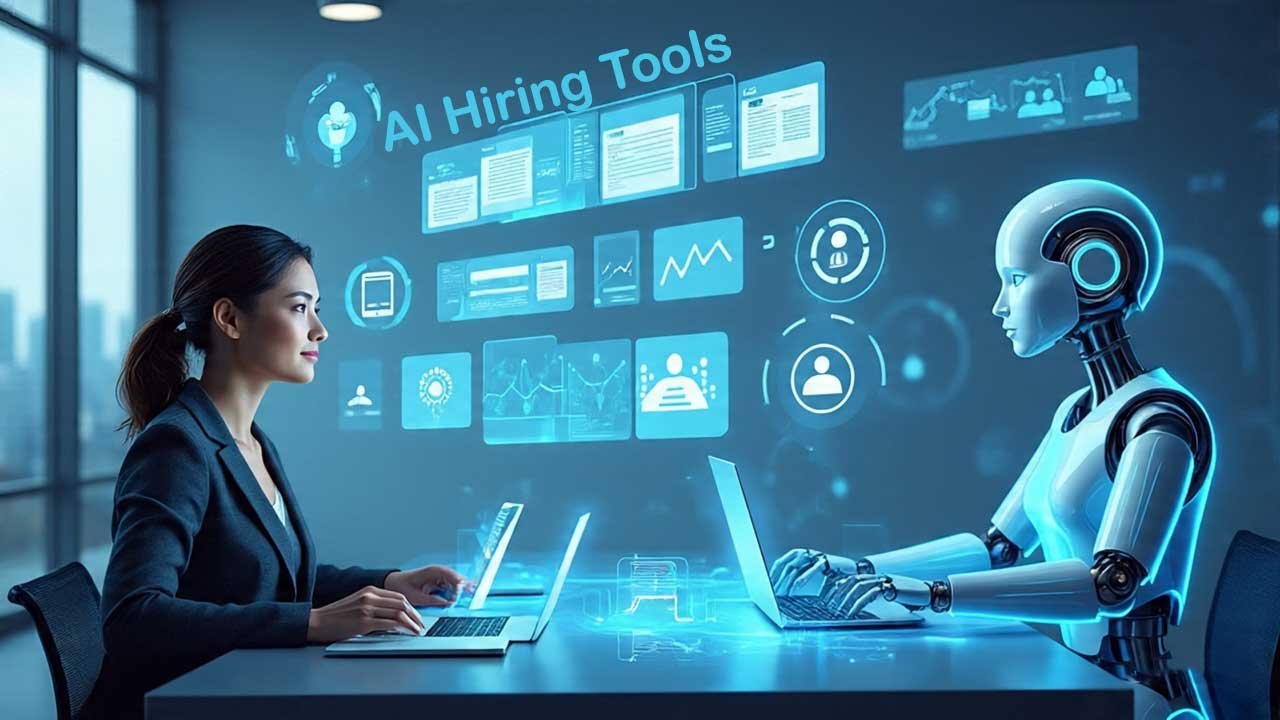
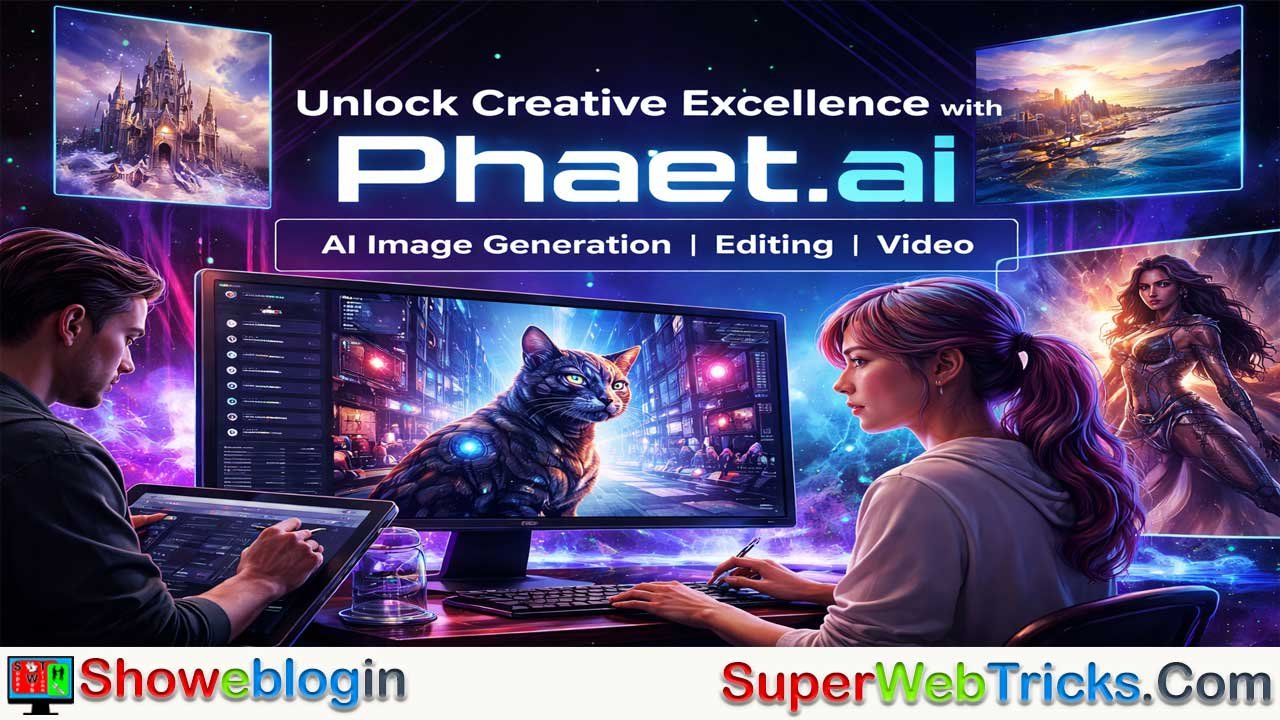


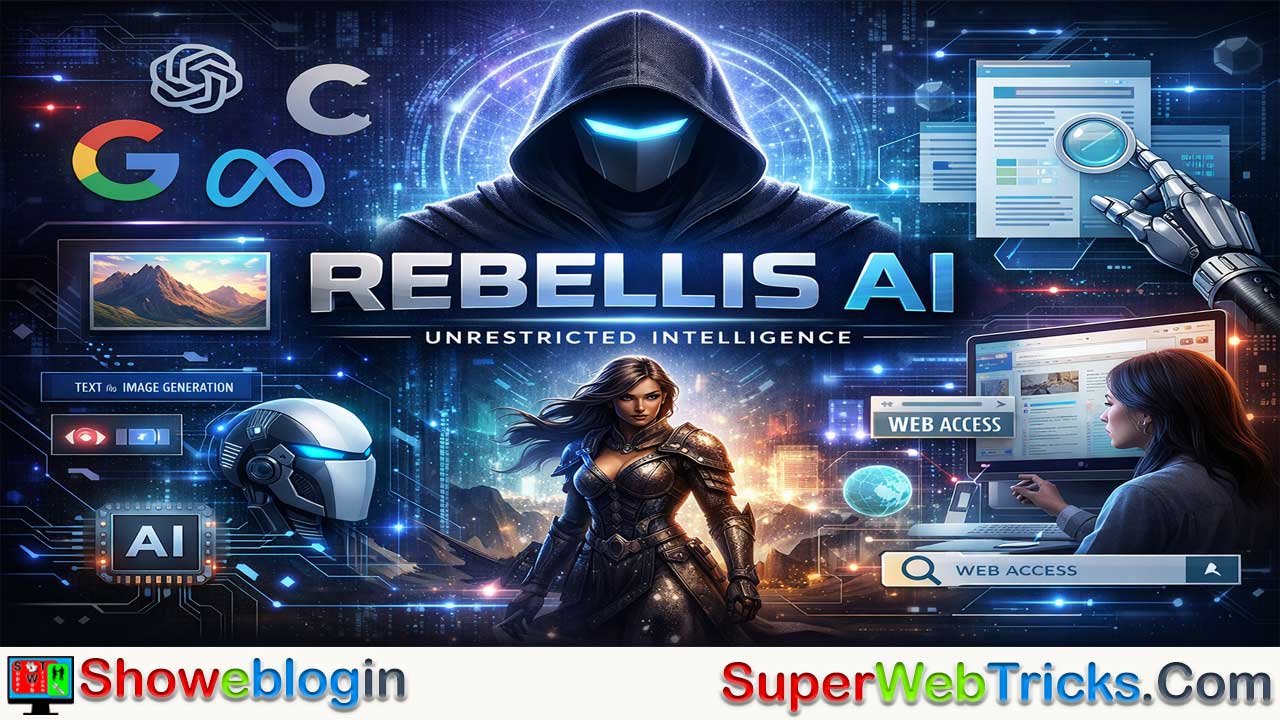
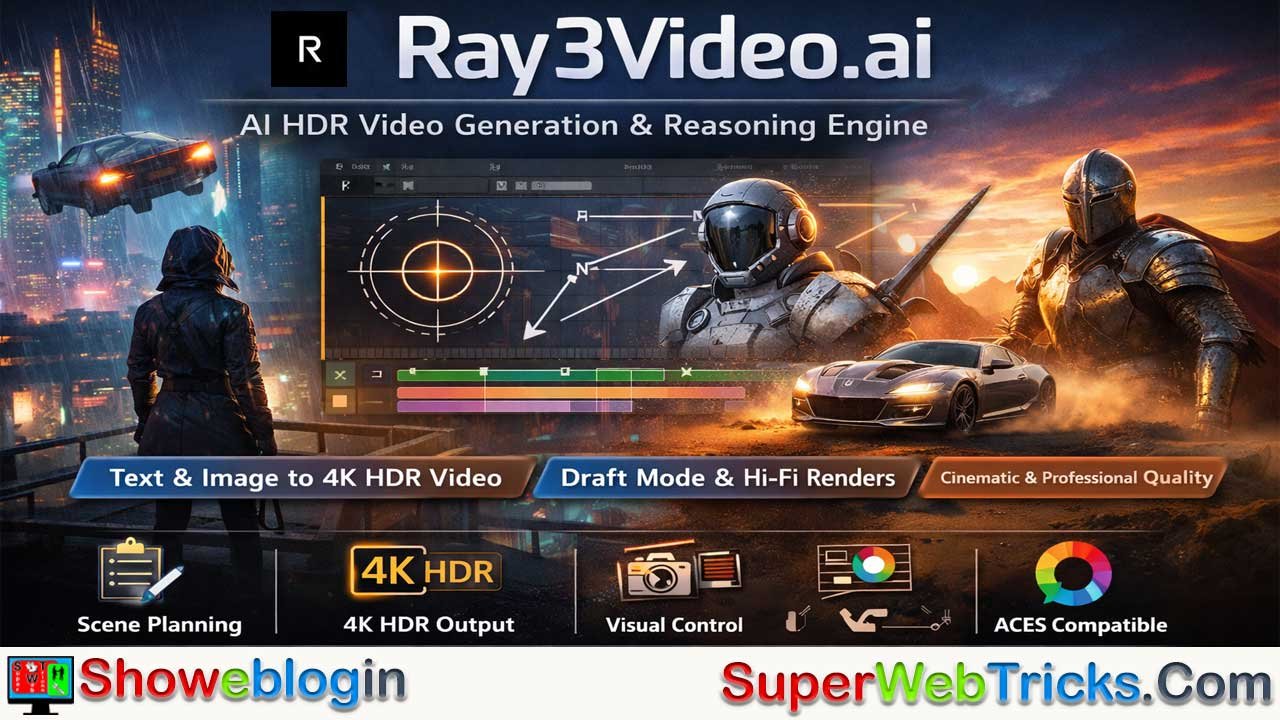

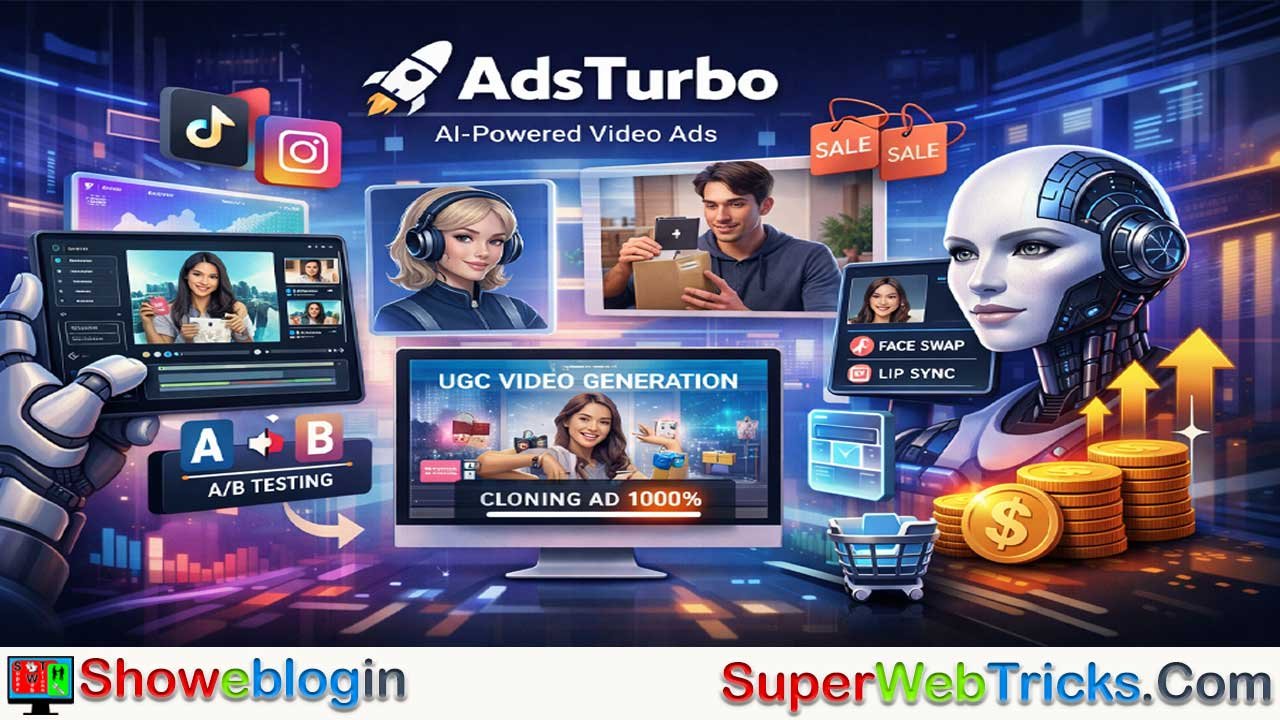
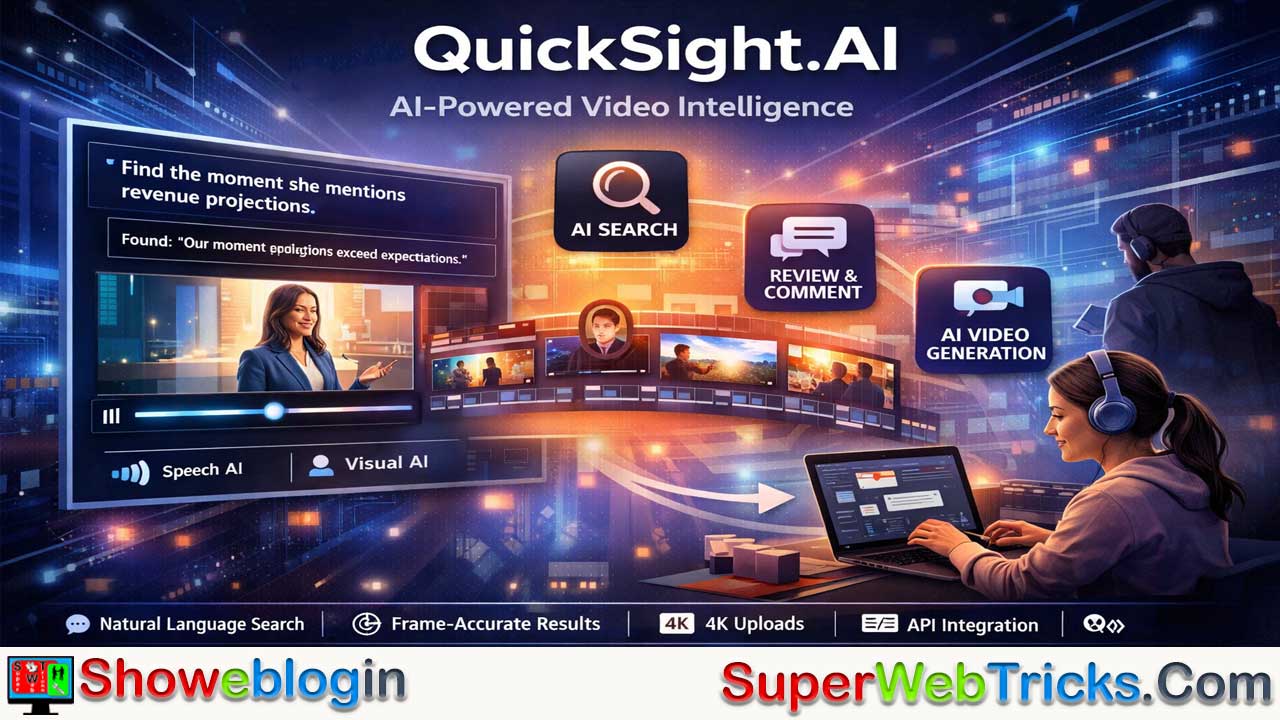

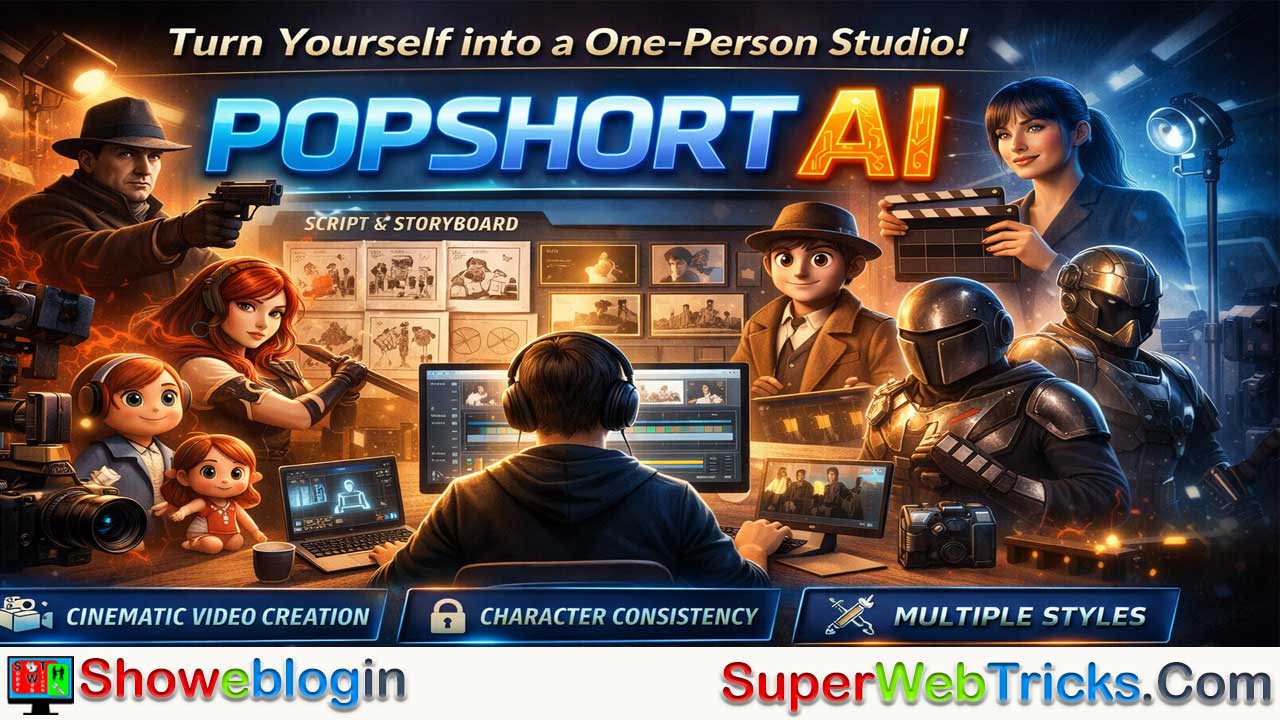
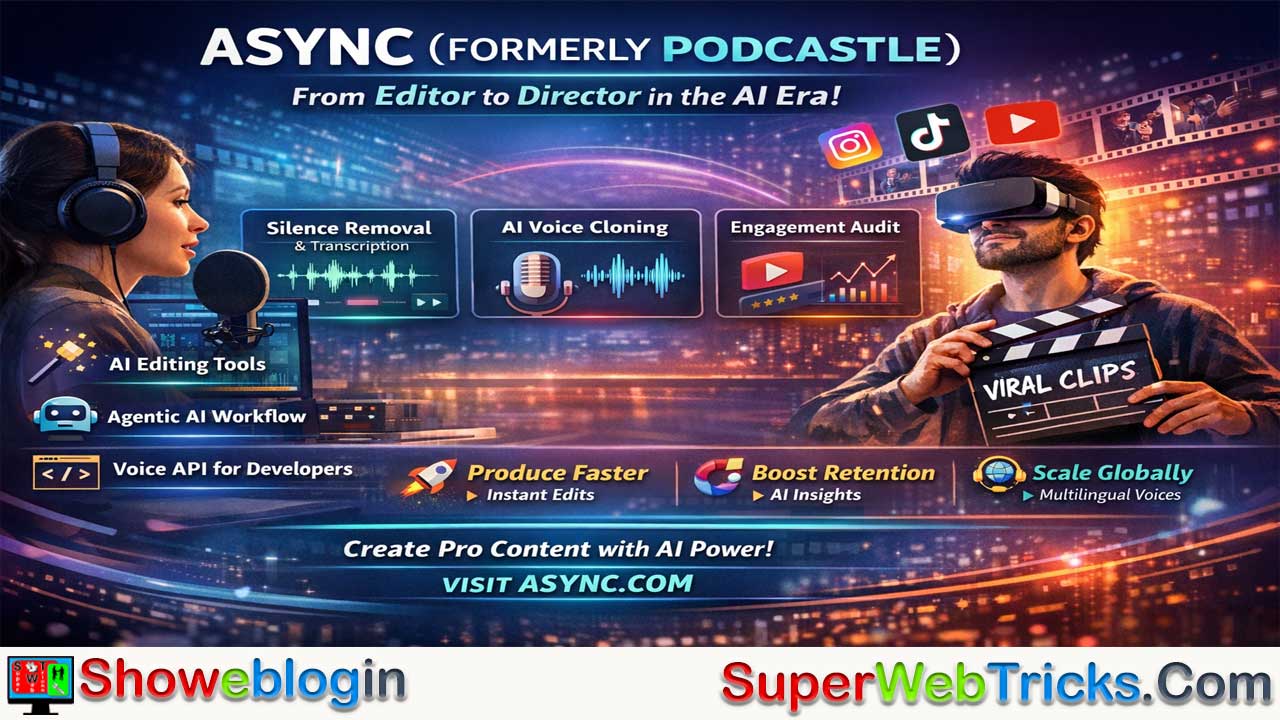

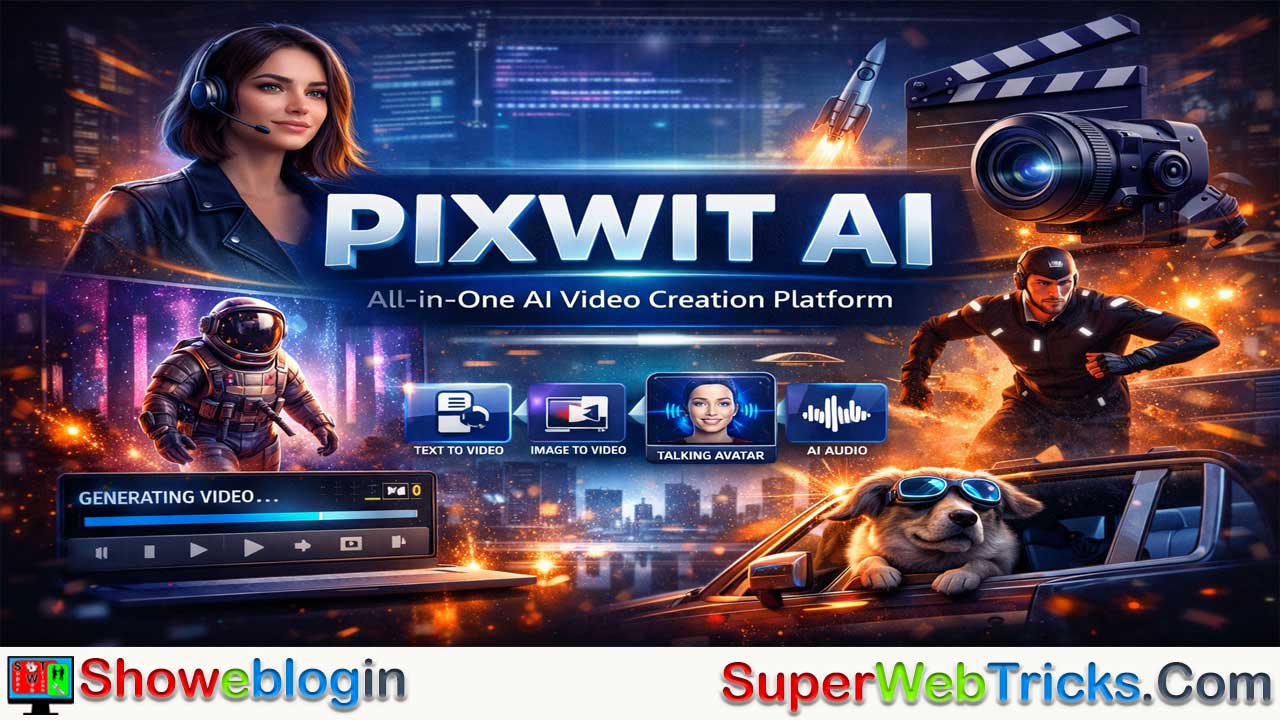
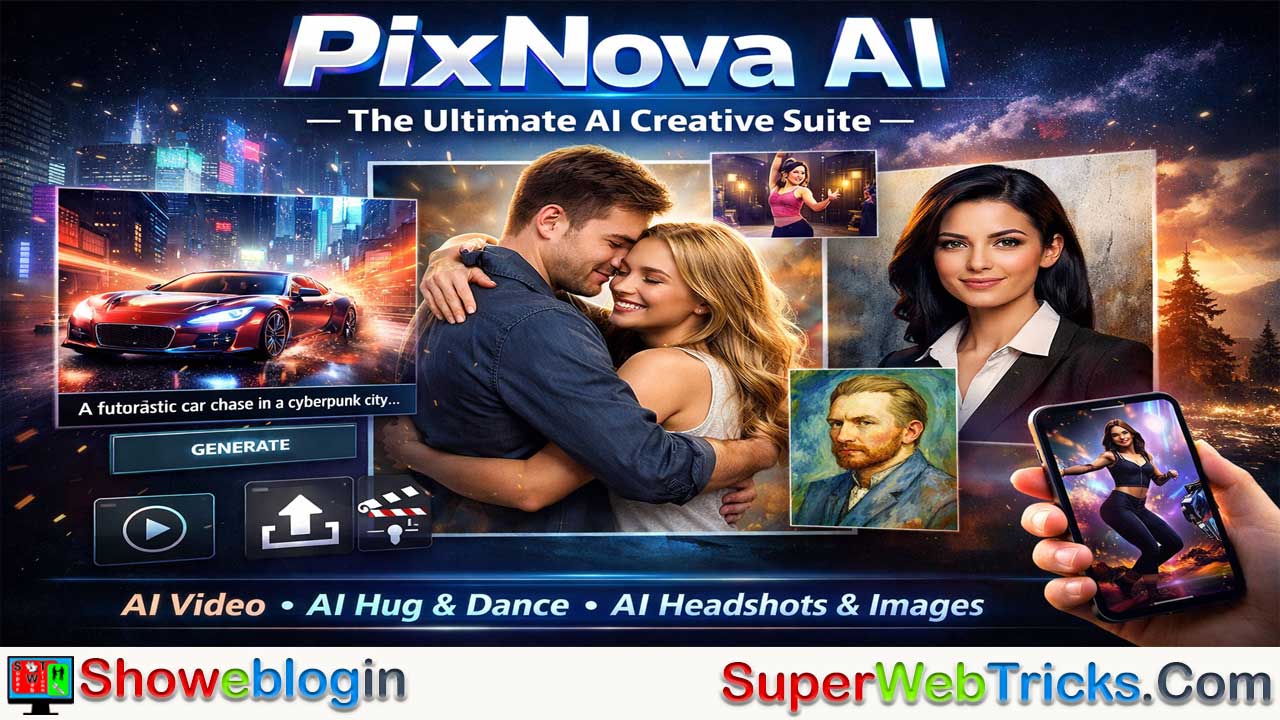
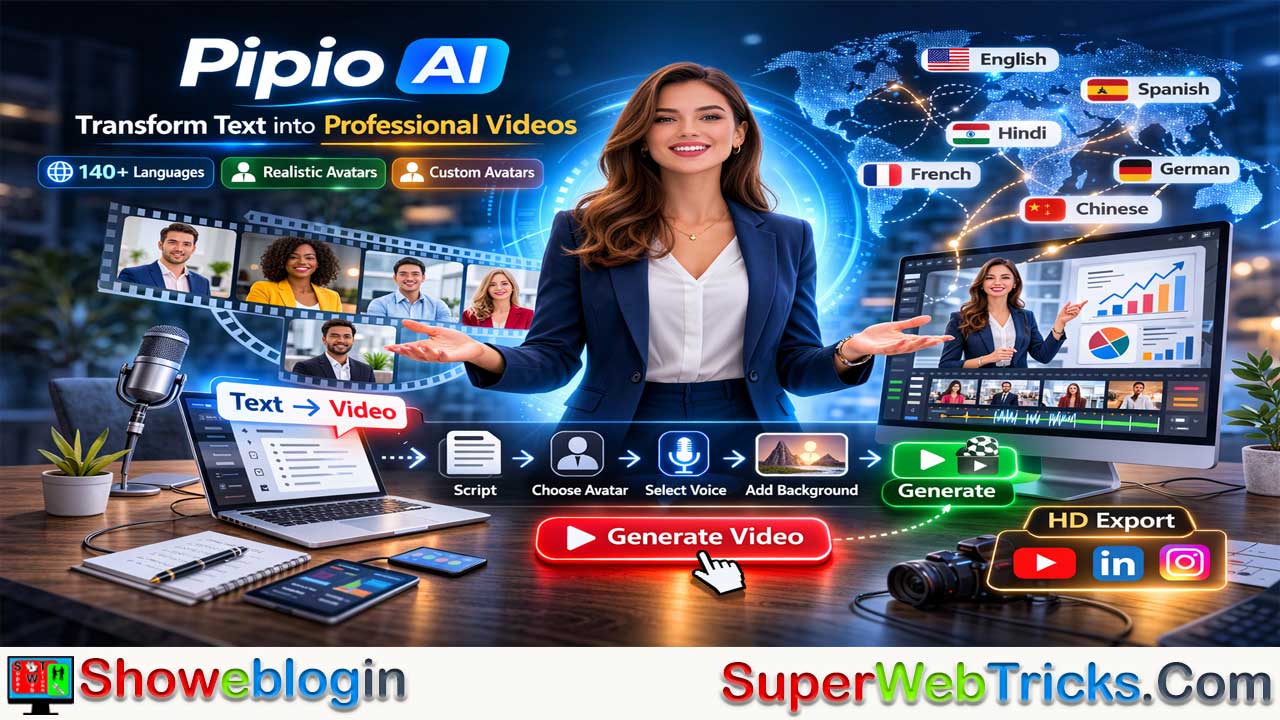
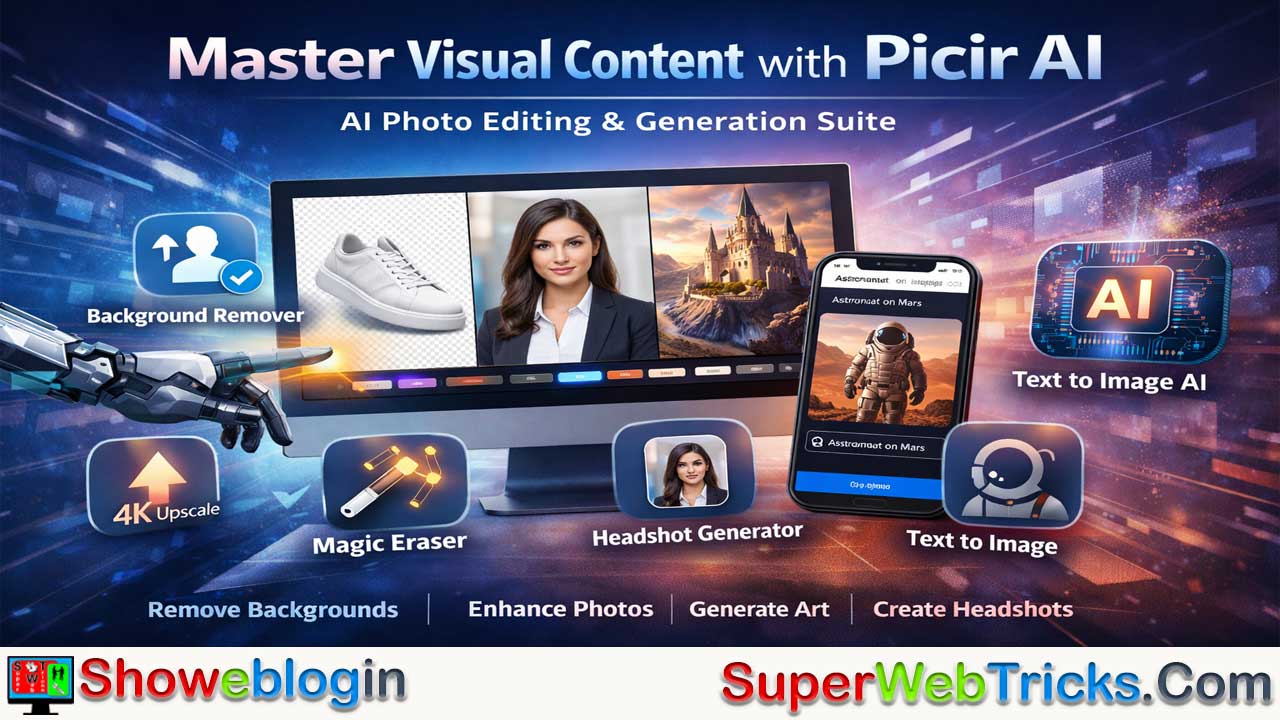

Leave a Reply
You must be logged in to post a comment.